Every other year, New Hampshire engages in the state budget process, where lawmakers allocate funding to policy priorities. This process allows elected officials to respond to emerging economic challenges, address community needs, redistribute resources equitably, and maintain the state's fiscal health, all while attempting to minimize tax burdens.
In 2025, lawmakers must prioritize the health and well-being of Granite State people and families to ensure long-term resilience for all who live here.
People First Budget Priorities
Building the Budget
The state budget is broken up into two bills — House Bill 1 and House Bill 2. The financial allocations are listed in HB 1, while the corresponding laws are described in HB 2, often called the "trailer bill."
Follow along (and stay informed on the best times to advocate in the process) with our 2025 budget tracker. We'll be scoring how the budget drafts line up with our People First budget priorities.
February 12: New Hampshire Governor Kelly Ayotte released her draft of the state budget.
March 12: The House Finance Committee received public input at a budget hearing.
April 10: The House of Representatives voted to pass HB 1 and HB 2. The bills cross over to the New Hampshire Senate.
Take Action
Contact your lawmakers to urge them to support a state budget that puts New Hampshire people first.

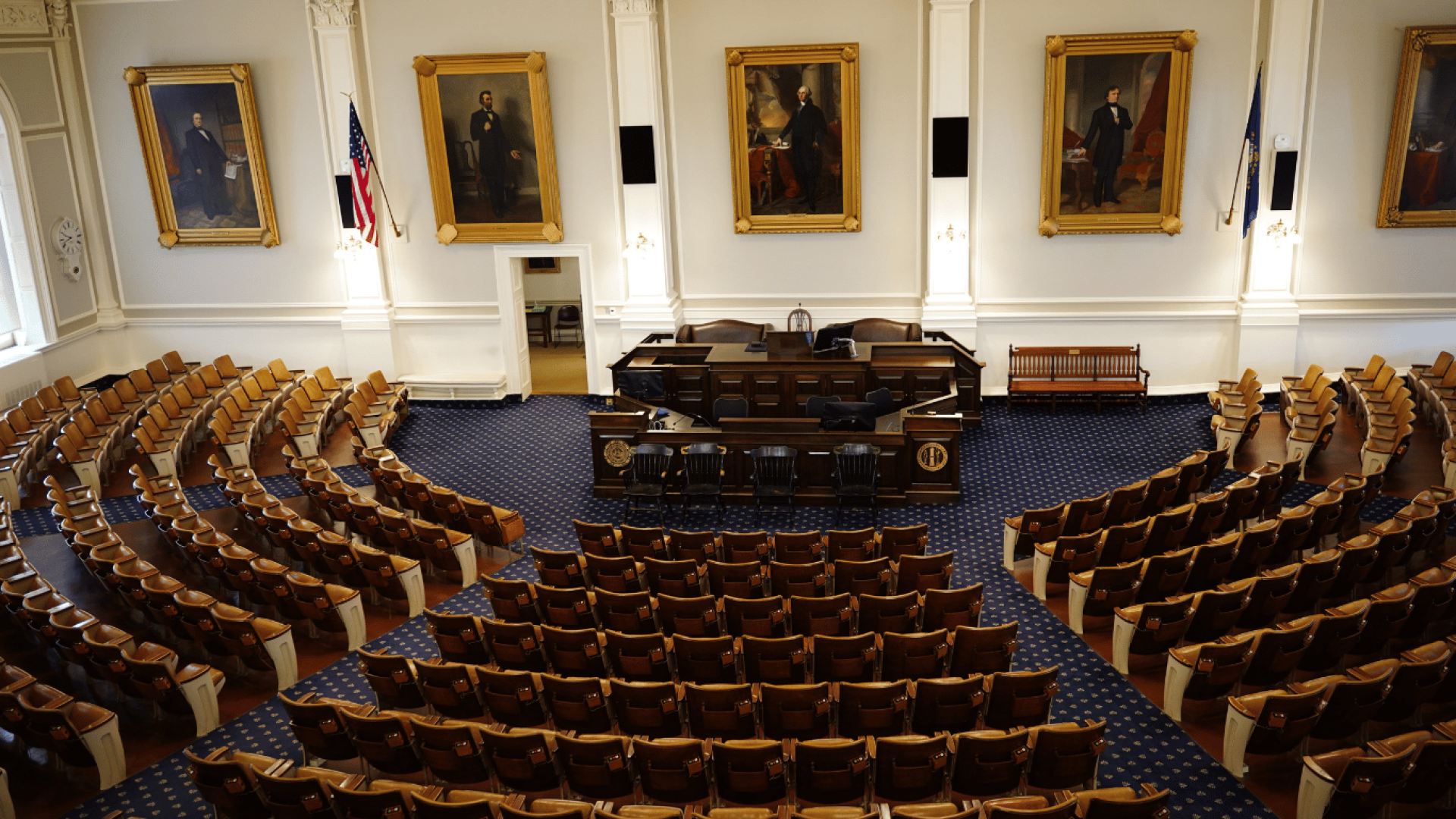
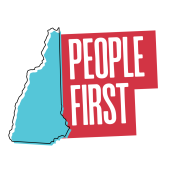
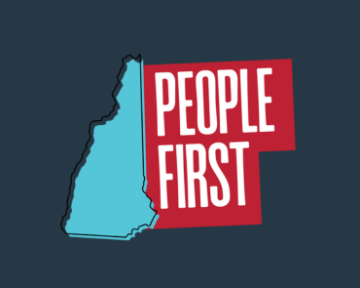
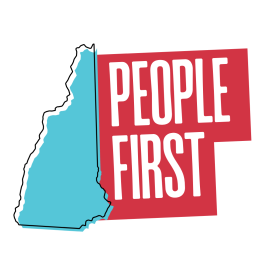






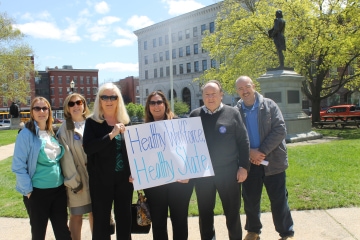


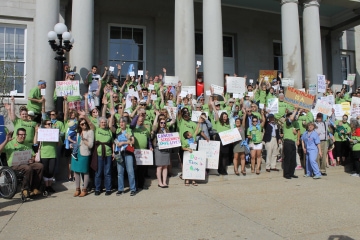
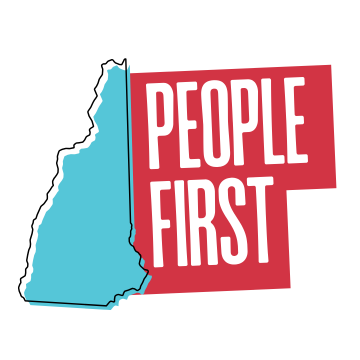
.png?resize=360x0)

